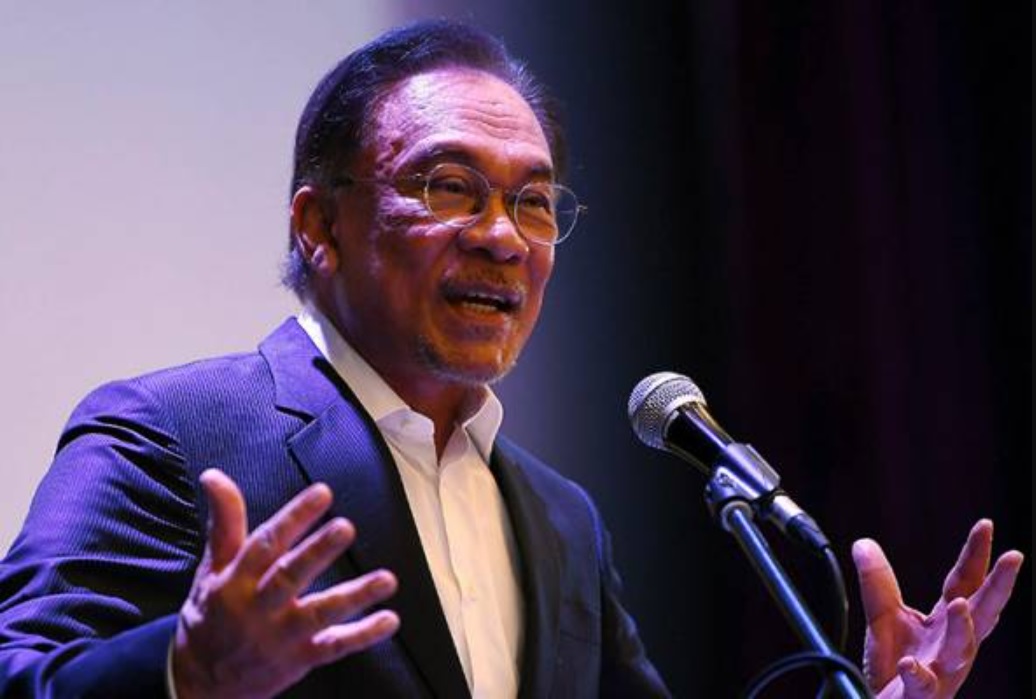
In regard to the Malaysian Budget 2025 that will be announced later today, Malaysian Institute of Economic Research (MIER) noted that it should be focused on balancing the country’s economic growth with targeted measures to support households, businesses and key economic sectors, while maintaining fiscal discipline, which could lay the groundwork for the upcoming 13th Malaysia Plan (2026-2030).
The Budget 2025 is also expected to address pressing challenges such as cost-of living pressures, wage stagnation and the green transition, to which MIER highlighted that the government is likely to take measures to keep inflation within the 2-3% range.
On tax reforms, MIER indicated that the government is expected to introduce a global minimum tax rate of 15%, aligning with international standards, amidst discussions about the good and services tax (GST) reintroduction still ongoing.
“Focus will also be on tax reforms to support small and medium-sized enterprises (MSMEs). The budget could extend reinvestment allowances and raise the government-backed loan guarantee limit, namely the Syarikat Jaminan Pembiayaan Perniagaan (SJPP) from RM20 million to RM30 million,” it said.
MIER also pointed out that the New Industrial Master Plan (NIMP) 2030 would be crucial for promoting high-value manufacturing, automation and green technologies.
“The budget is expected to target sectors such as semiconductors, automotive and renewable energy (RE), aiming to create high-value jobs and drive sustainable growth,” it noted.
To boost self-sufficiency, MIER believes that the budget will likely focus on agro-food industry, with investments in sustainable agriculture, supply chain enhancements and climate change mitigation strategies.
Furthermore, the budget is expected to prioritise artificial intelligence (AI) and digitalisation, with government support directed toward industries such as start-ups, tech innovation, solar panel development and electric vehicle infrastructure.

Recently, Malaysian Prime Minister Datuk Seri Anwar Ibrahim said that the government will only implement GST if the minimum wage threshold is within the range of RM3,000-RM4,000 from the current RM1,500.
Acknowledging the tax system as efficient and transparent, Anwar said the GST would also help to expand the government’s coffers with higher revenue collection, without having to place the burden of the tax system on the poor.
“I agree, GST is the most transparent and efficient tax system, but my view is, give it some time, some years, (we must) make sure that the wage threshold increases to the minimum of RM3,000-RM4,000, then we can adjust the policy,” he explained, saying that the GST implementation has been an ongoing issue for decades, even during his time as the country’s Finance Minister in 1990s.














